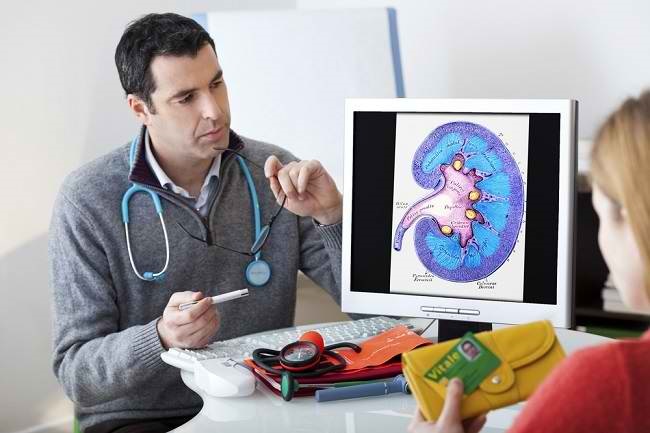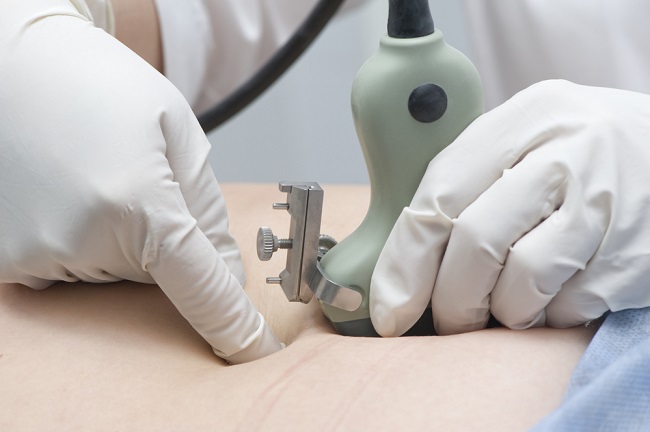Hypothyroidism in children should not be taken lightly. Because, if not get treatment as early as possible, hypothyroidism can cause problems growth and development child.
Hypothyroidism or hypothyroidism occurs when the thyroid gland is underactive in producing hormones. As a result, hormone levels in the body become less. Lack of thyroid hormone levels can be experienced by everyone, including children.

Causes of Hypothyroidism in Children
Hypothyroidism in children is often caused by disorders of the immune system that make immune cells attack the thyroid gland and cause disruption of the function of this gland in producing hormones. One of them is Hashimoto's disease. Hashimoto's disease can be experienced by anyone including children, the symptoms will develop from year to year and cause chronic damage to the thyroid gland.
In addition, hypothyroidism in children can also be triggered by a number of other factors, such as:
1. Family history of hypothyroidism
Having a history of hypothyroidism in the family, ranging from parents to grandparents, will increase the risk of their offspring experiencing the same condition.
2. Lack of iodine intake
Low iodine levels in a child's body due to a lack of iodine intake can lead to a reduced ability of the thyroid gland to produce thyroid hormone.
3. Consumption of certain drugs
Taking certain types of drugs, such as lithium, amiodarone, and thalidomide, can make the thyroid gland not function optimally, thus increasing the risk of developing hypothyroidism in children.
4. Surgical removal of the thyroid gland
Surgical removal of the thyroid gland or radiotherapy performed on the neck can cause hypothyroidism. Not only that, damage to the pituitary gland and thyroid disease experienced by children can also cause hypothyroidism.
Recognizing the Symptoms of Hypothyroidism in Children
Hypothyroidism in children can be divided into two groups, namely congenital hypothyroidism (hypothyroidism in infants from birth) and hypothyroidism experienced in childhood. Congenital hypothyroidism is associated with an increased risk of developing congenital abnormalities of the heart and blood vessels, as well as of the urinary and genital tract.
Some of the symptoms of hypothyroidism in infants and toddlers are as follows:
- Don't want to drink breast milk
- Cold skin
- Hoarse cry
- Constipation (difficulty passing stools)
- Enlarged tongue
- Jaundice (jaundice)
- Umbilical hernia
Meanwhile, if hypothyroidism occurs in childhood, the following symptoms will occur:
- Face looks swollen
- drooping eyelids
- Hair loss
- Skin tends to be dry
- Late speech and hoarse voice
- Growth delay
- Delayed growth of permanent teeth
- Weight gain
- Slower heart rate
Hypothyroidism in children needs to be detected early so that it can be treated immediately, before causing disturbances in the child's growth and development. Therefore, you need to recognize the symptoms and signs. If your child has complaints and disorders that point to hypothyroidism, immediately consult and check with a doctor.









